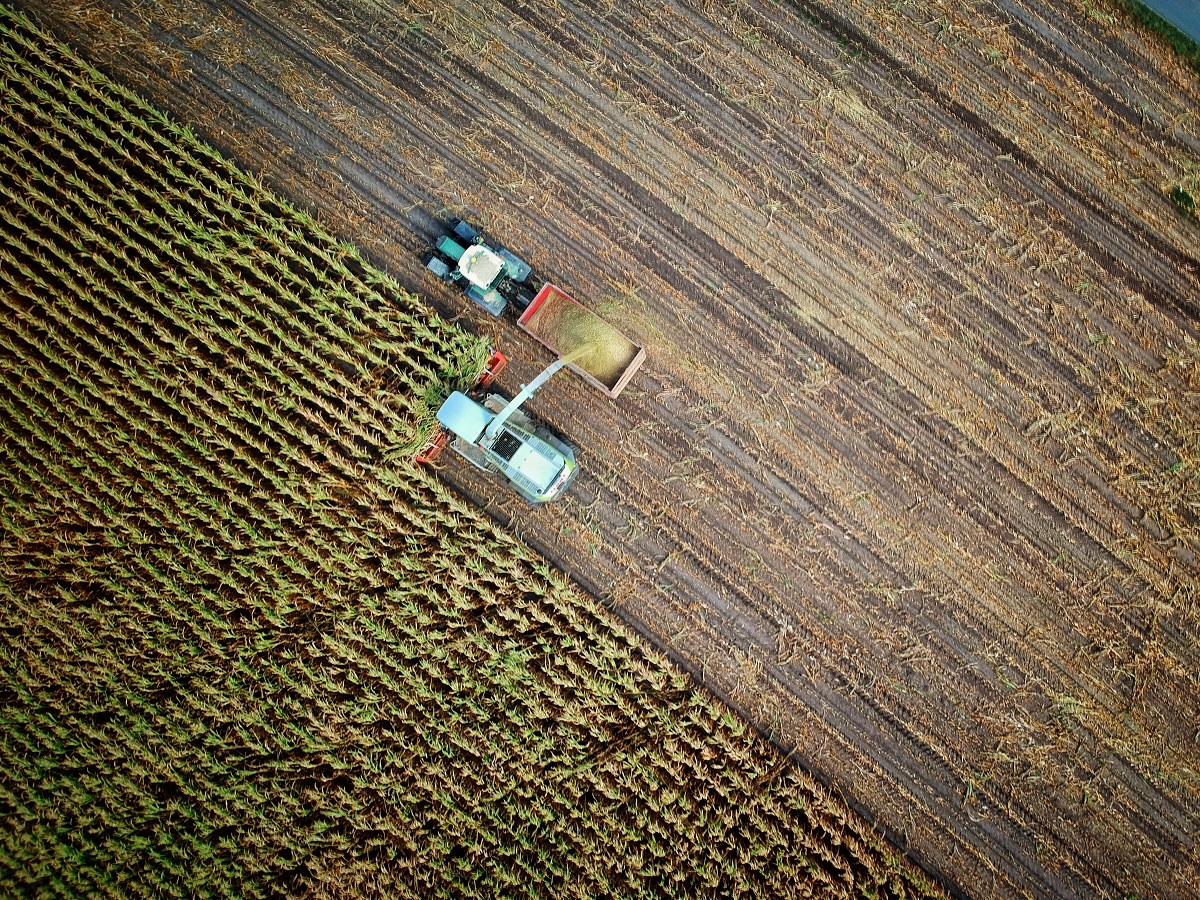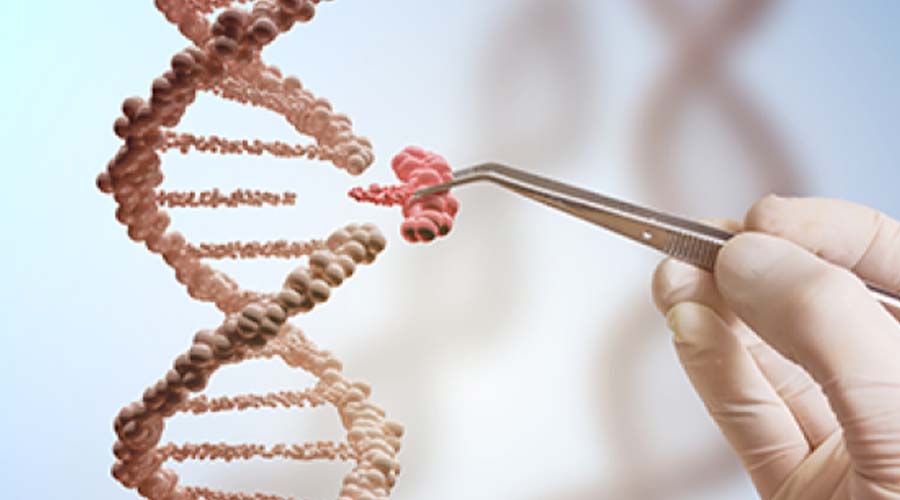Food and agriculture account for 7% of the U.S. economy and 29% of American jobs (more than 43 million) directly or indirectly, according to the sixth Feeding the Economy study. The United States is a “leading actor” in global agriculture, with $182.91 billion in product exports, the report said.
Despite the global supply chain and inflation problems, the food and agriculture industries exported $182.91 billion in commodities, assisting the United States in maintaining its position as a worldwide agricultural leader, according to the report.
Feeding the Economy, released on March 22, was supported by 30 food and agricultural organizations, including the Biotechnology Innovation Organization (BIO). It is described in a press release as a “historic farm-to-fork economic analysis exposing how these industries affect the local and wider US economy.”
The report gives the following snapshot of the U.S. food and agriculture sectors in 2021:
Total Jobs: 43,464,211
Total Wages: $2.30 trillion
Total Taxes: $718.15 billion
Exports: $182.91 billion
Total Food and Industry Economic Impact: $7.43 trillion
“Two years into the COVID-19 pandemic, the food and agriculture industries continue to add jobs, provide safe food, and feed the US economy in the face of global supply chain challenges and more. Together, these industries are responsible for roughly one-fifth of the country’s economic activity, directly supporting nearly 21.5 million jobs or more than 14% of U.S. employment,” said the authors of the study.
Importance of biotech
According to BIO, the Feeding the Economy report illustrates the role cutting edge technologies have in increasing agriculture production and strengthening America’s bioeconomy.
“We must build on this progress and encourage policies that embrace science so we can enhance our supply chains, increase access to nutritional foods, and combat climate change,” according to BIO.
Biotech is addressing a wide spectrum of solutions for challenges that the food and agriculture sector is facing nowadays. Since the climate crisis is already hurting American farmers and whole the economy severely, gene editing, for example, can address climate change and its impacts in two ways: reducing emissions of greenhouse gases like carbon dioxide that contribute to climate change, and increasing the resiliency of crops against the impacts of climate change.
You can learn more about agricultural biotechnology innovations here.



